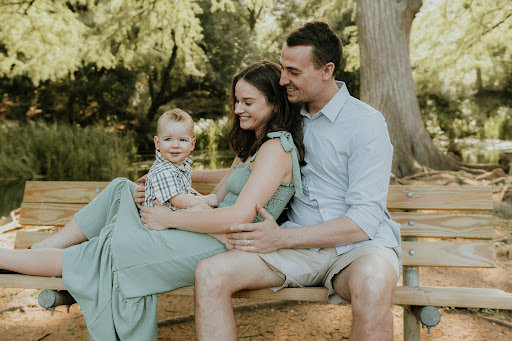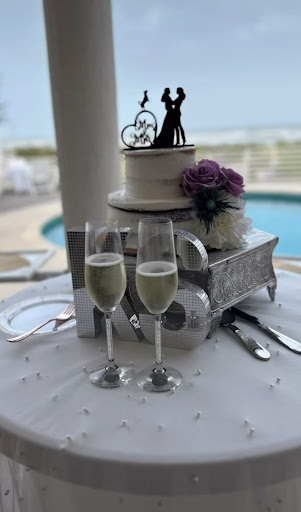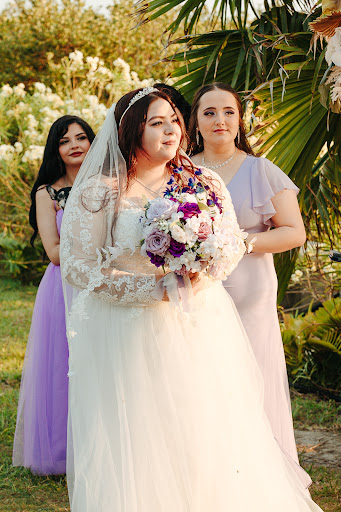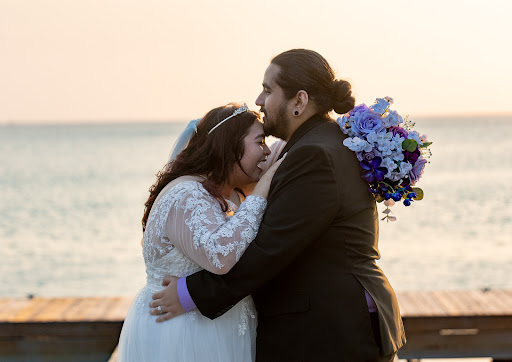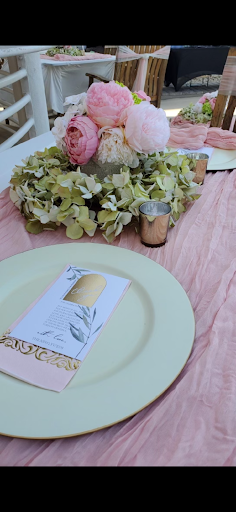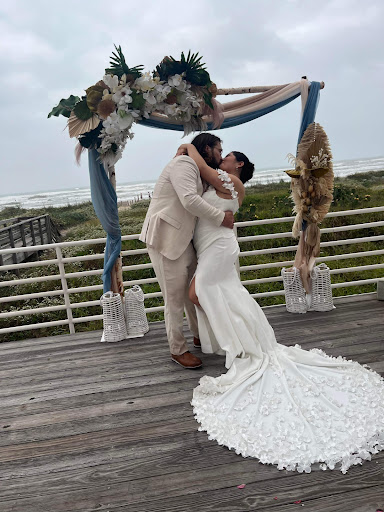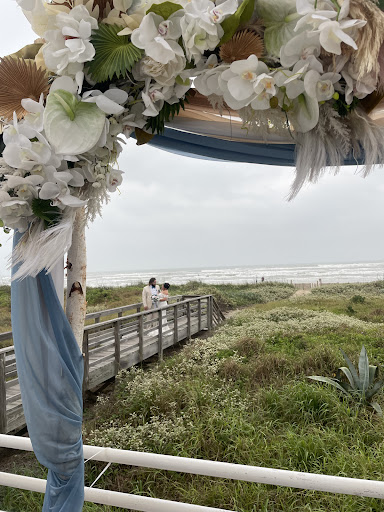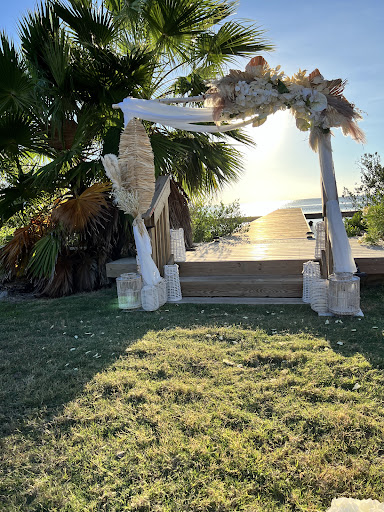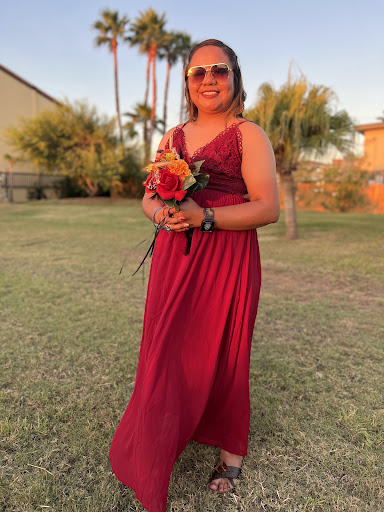You may find yourself feeling overwhelmed as you begin on the exciting journey of planning your wedding. With numerous details to consider—from venue selection to floral arrangements—it can be challenging to know where to begin. This complete guide is designed to walk you through every step of the wedding planning process, equipping you with the knowledge and tools you need to create a memorable and seamless celebration that reflects your unique love story.
Understanding Different Types of Weddings
The landscape of weddings is diverse, and discovering the type that aligns with your vision can set the tone for your big day. Here are some popular styles to consider:
- Traditional Weddings
- Destination Weddings
- Themed Weddings
- Elopement
- Intimate Weddings
Recognizing the uniqueness of each type can help you tailor your planning to reflect your personal preferences and circumstances.
| Type of Wedding | Description |
|---|---|
| Traditional Weddings | Often features cultural or religious customs. |
| Destination Weddings | Held in a location away from home, like a beach or resort. |
| Themed Weddings | Incorporate a specific theme or concept throughout the event. |
| Elopement | A private ceremony with just the couple, often spontaneous. |
| Intimate Weddings | Smaller gatherings, fostering a close connection with guests. |
Traditional Weddings
Traditional weddings are rooted in cultural or religious customs, showcasing unique rituals and symbolism that often reflect your heritage. These events focus on family involvement, creating a sense of unity and continuation of traditions.
Destination Weddings
For destination weddings, you exchange vows in a picturesque location away from your usual surroundings. This type of wedding allows you to combine travel with your celebration, offering a unique backdrop that can enhance your special day.
For instance, imagine saying “I do” on a sun-kissed beach or in a charming European village. You’ll create unforgettable memories not just for yourselves, but for your guests as well, as they join you in this idyllic setting. Destination weddings often require additional planning, such as travel arrangements and guest accommodations, but the breathtaking scenery makes it all worthwhile.
Themed Weddings
Themed weddings offer you the creative freedom to express your personalities and interests through your nuptials. Whether you dream of a vintage-style celebration or a modern, minimalist affair, choosing a theme adds a fun and personal touch to your event.
This approach allows you to weave your story into every detail, from decor and attire to music and food. Couples often find that a well-executed theme can enhance the guest experience, providing a cohesive narrative that makes the day memorable for everyone involved.
Essential Tips for Wedding Planning
You may feel overwhelmed as you look into planning your wedding, but with a few imperative tips, you can navigate the process more smoothly. Start with a clear vision of your dream wedding, and break down your tasks into manageable steps. Here are some crucial elements to focus on:
- Create a timeline for your planning
- Set priorities for your big day
- Stay organized with a planning binder or digital tools
- Communicate openly with your partner and family
Perceiving the planning process as a journey can help you stay relaxed and enjoy each moment leading to your wedding day.
Budgeting and Finances
Essential to your wedding planning is establishing a realistic budget. Begin by determining how much you can afford to spend, then allocate funds to various aspects of your wedding, such as the venue, catering, and decorations. Keeping track of your expenses will help you avoid financial stress, allowing you to focus on the joy of your upcoming celebrations.
Guest List Management
If you want to create an unforgettable experience, managing your guest list will be a key task. Start by compiling a list of potential invitees and categorizing them into groups such as family, friends, and coworkers. This approach allows you to prioritize who you want to share your special day with while remaining mindful of your venue’s capacity and budget constraints.
For instance, you may decide to limit your guest list to close friends and family to create a more intimate gathering, or opt to include a wider circle if you envision a larger celebration. Communicating your guest list decisions with family can also help ease any potential conflicts and ensure that you celebrate with the people who matter most to you.
Step-by-Step Planning Process
For most couples, planning a wedding can seem overwhelming, but breaking it down into manageable steps can simplify the journey. Here’s a concise step-by-step guide to help you navigate the planning process:
| Step | Description |
| 1 | Set a budget |
| 2 | Choose a date |
| 3 | Book your venue |
| 4 | Select vendors |
| 5 | Create a timeline |
| 6 | Send out invitations |
| 7 | Finalize details |
| 8 | Enjoy your day! |
Setting a Date and Venue
You should begin by deciding on a date and venue that reflects your vision for the wedding. Consider seasonality, venue capacity, and your guests’ travel logistics. Booking your venue early not only secures your preferred space but also sets the tone for the rest of your planning.
Selecting Vendors
Setting aside time to identify and select the right vendors is imperative for organizing a successful wedding. Research different options, read reviews, and schedule consultations to find your perfect match.
Vendors can significantly impact your wedding day experience, from catering and photography to floristry and entertainment. Prioritize your needs and establish clear communication with prospective vendors about your vision, budget, and timeline. A solid relationship with your chosen professionals will help ensure everything runs smoothly on your big day.
Key Factors to Consider
Your wedding is a significant milestone, and thoughtful planning is necessary to ensure it aligns with your vision. Here are some key factors to consider:
- Budget
- Guest List
- Venue Options
- Theme and Style
- Season and Timing
The decisions you make will shape your special day and help create lasting memories.
Time of Year and Weather
Even the most well-planned wedding can be affected by the time of year and weather conditions. Consider when you and your partner visualize your special day. Seasonal elements can greatly influence your theme, venue choice, and attire, so think about whether you prefer the warmth of summer, the vibrant colors of fall, or the cozy feel of winter.
Cultural and Religious Considerations
Considerations surrounding cultural and religious customs can play a significant role in your wedding planning. Understanding and respecting traditions can enhance your celebration and create a meaningful experience for you and your guests.
To effectively incorporate cultural and religious elements, discuss with your partner any specific practices or rituals that are important to you both. This may include traditional ceremonies, specific attire, or customs that should be honored. Consulting with family members can also provide insights and foster a sense of unity, ensuring that your wedding reflects both your backgrounds and values.
Pros and Cons of Various Wedding Styles
Now that you’re stepping into wedding planning, it’s crucial to weigh the advantages and disadvantages of different wedding styles. Your choice can significantly impact the overall vibe and experience of your big day. Below is a breakdown of the pros and cons of various wedding styles to help you make the best decision for your celebration.
Pros and Cons of Various Wedding Styles
| Pros | Cons |
|---|---|
| Intimate gatherings foster closeness. | Smaller guest lists can feel exclusive. |
| Customizable to personal preferences. | Some venues might be more limited. |
| Affordable options to save money. | Lack of certain amenities in small venues. |
| Less planning stress. | Pressure to create the perfect atmosphere. |
| Greater opportunity for meaningful interactions. | Harder to include everyone you want. |
| Easier to manage logistics. | Potentially less traditional feel. |
| More intimate setting enhances emotions. | Very few people may miss out on the celebration. |
| Allows for unique venue choices. | Limited resources for large-scale events. |
| Flexibility with dates and times. | Risk of guests not having the same excitement. |
| Creates lasting memories with loved ones. | Potential family tensions with guest list cuts. |
Pros of Intimate Ceremonies
Pros of intimate ceremonies are that they create a cozy atmosphere, allowing you to share meaningful moments with your closest friends and family. With fewer guests, you can engage deeply, offering personalized experiences that reflect your unique love story. These gatherings often come with a lower budget and can be arranged with less stress, making the planning process smoother and more enjoyable.
Cons of Large Celebrations
Ceremonies of larger scale can often feel impersonal, even with well-thought-out plans. When you’ve organized a guest list of many people, connecting with everyone can become a challenge. You might feel stretched thin trying to manage numerous interactions, leaving little time to soak in your special day. Additionally, larger weddings tend to come with complexities in logistics, budgeting, and potential family dynamics that might add strains to the experience.
Styles like grand weddings can also bring unexpected difficulties, such as coordinating seating arrangements and managing a diverse guest list. When you scale up your celebration, opportunities for personal touches can diminish, leading to a less intimate atmosphere. Consequently, while thinking of your dream day, consider how the size of your celebration aligns with the vision you have for your wedding and your ability to navigate associated challenges.
Common Mistakes to Avoid
Not taking the time to plan every detail can lead to a day that doesn’t reflect your vision. Many couples get caught up in the excitement and overlook crucial elements like seating arrangements, vendor contracts, and timeline coordination. By giving attention to these often-forgotten aspects, you can ensure a smoother experience on your wedding day, allowing you to enjoy every moment rather than feeling overwhelmed by unforeseen issues.
Overlooking Details
With wedding planning, it’s easy to focus on the big picture and miss the finer details that tie everything together. From floral arrangements to personalized wedding favors, these small touches can significantly impact your guests’ experience. Keep a detailed checklist to make sure everything is accounted for, ensuring that your wedding day reflects your style and vision.
Underestimating Timeframe
If you think planning your wedding will be a quick process, you may be in for a surprise. A wedding typically takes several months, if not over a year, to plan. This time is crucial to secure your desired venue and vendors while allowing for potential delays or changes in your plans. Understanding the timeframe will help streamline your efforts and lead to a less stressful experience.
Overlooking the timeframe needed for different aspects of wedding planning can set you back significantly. It’s important to allocate ample time for booking venues, meeting with vendors, and addressing any last-minute details. The average engagement lasts about 12 to 18 months, so make sure you’re mapping out your timeline early on. This planning will help you avoid the stress that comes with rushed decisions, ensuring your big day goes smoothly.
Conclusion
The Complete Guide to Planning a Wedding provides you with the crucial tools and knowledge to navigate the complexities of your wedding preparation with confidence. By breaking down the planning process into manageable steps, you can create a memorable and personalized celebration that reflects your unique love story. Embrace the journey, stay organized, and lean on your support network—your dream wedding is within reach!




